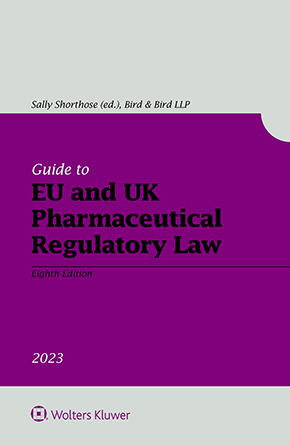
The recent blog post by Matt Hervey provides an interesting summary by someone who clearly has a good understanding of the subject matter. It does seem a bit one-sided in making it sound (to me, anyway) like people, governments or courts who oppose copyright protection of AI-generated works are fighting a rear guard battle and that at some point copyright protection of such works will almost “naturally” happen. If this was the author’s intent, I beg to differ. There are several powerful doctrinal and normative arguments not to protect AI-generated works by copyright when the autonomy of the machine is such that it breaks a sufficiently strong link of causality between humans (programmers, people who trained the machine, even perhaps those who gave a very detailed prompt in some cases) and the machine’s output. I provided a list of arguments for and against protection here. I summarized some of those arguments on this blog. Many other scholars have taken a similar position, among them Jane Ginsburg and Pam Samuelson and this excellent paper by Ian Kerr and Carys Craig
I do not deny that AI machines can produce valuable content. I do, however, fail to see a case that there is underinvestment at present in text, music and image generation that requires a legal incentive. I also reject the argument that because something is valuable it must have copyright protection. If copyright was meant as a right in all potentially commercially valuable things, the right would have been given to publishers, not authors. Then, self-evidently machines do not need an incentive to run their code. Code is protected if written by humans, but to protect all outputs not causally related to this code (in the way I explain here), is fraught with significant risks. Those are only a few of the reasons that make me hesitate to celebrate this replacement of human authorship.
Machines can produce output and outgun humans at many tasks that require human intelligence when performed by humans. Perhaps one could even say that machines have their own form of intelligence, but humans are different. Copyright requires creativity (to generate originality—at least in many key jurisdictions), and only humans can produce human creativity. To extend copyright to artificial creativity is a big step, and at this juncture I see no compelling reason to take it. To say that machines are creative because they can emulate human creative outputs strikes me as “unadulterated anthropomorphism”.
Two additional points. First, I believe that most and perhaps all jurisdictions that provide for protection of “computer-generated works” in their copyright statute made the change before AI technology emerged in this space. Hence, it is not a given that AI-generated works not causally reacted to a human should be protected. I guarantee you this, in any event: if the machine produces infringing or defamatory content those who would be quick to claim copyright if the content had commercial value will be equally as quick to distance themselves from the machine. Second, the juxtaposition in the summary of the Canadian and US copyright registration systems is risky. There is a substantive examination at the US Copyright Office and the Office determined (rightly in my view) that human authorship was required. There is no such substantive examination in Canada. Additionally, the statute requires that the application mention “the name of the author and, if the author is dead, the date of the author’s death, if known.” (Copyright Act, R.S.C. 1985, c. C-42, s. 55(2)(e). Moreover, the presumption of validity of the certificate in Canada is weaker than, say, the simple presumption that an author is the first owner of copyright (see Andrews v McHale, 2016 FC 624). Then of course I would love to see the machine exercise its moral rights.
More from our authors:

|
Guide to EU and UK Pharmaceutical Regulatory Law, Eighth Edition by Sally Shorthose € 265 |